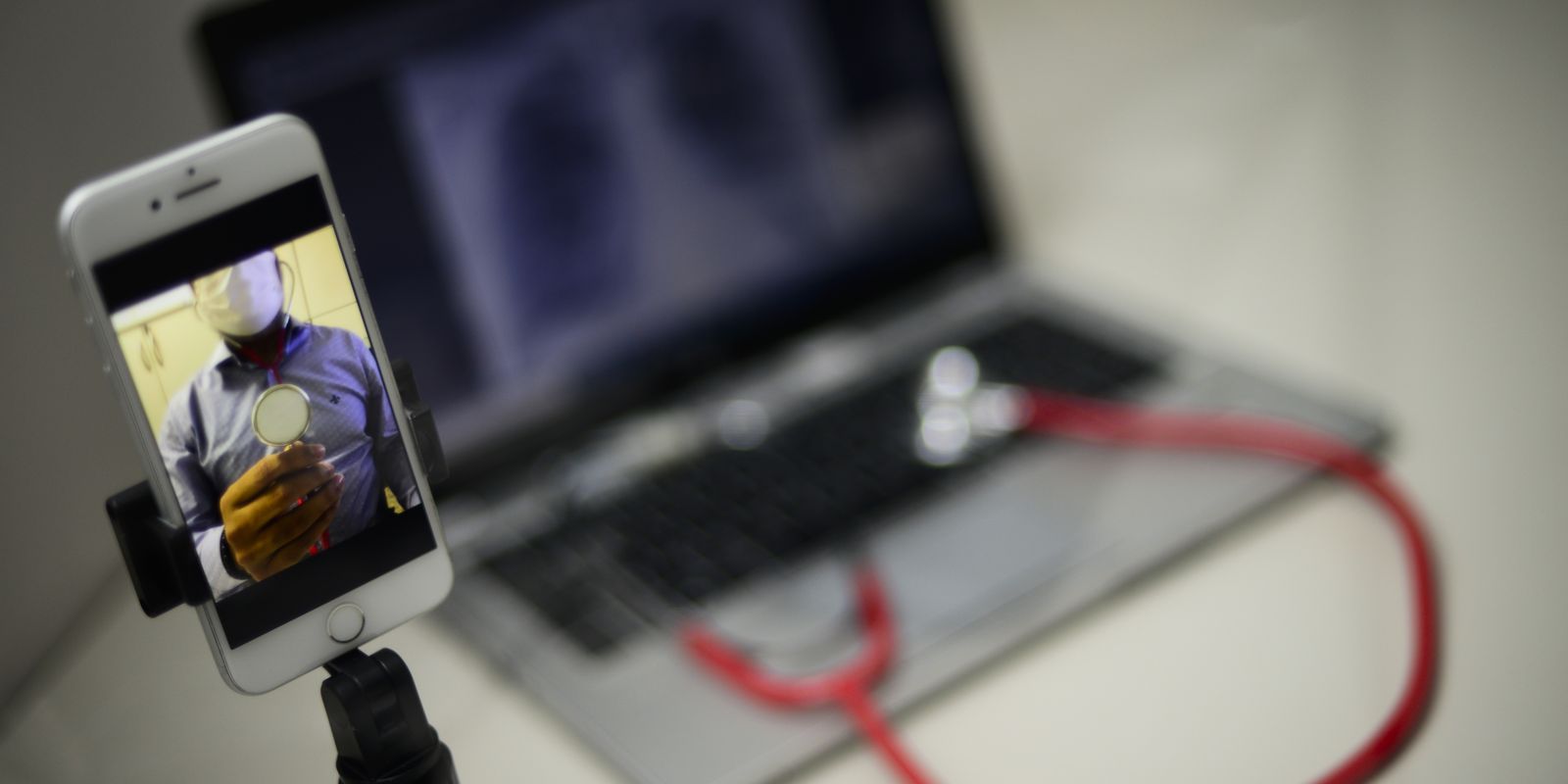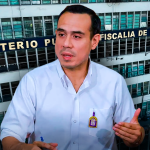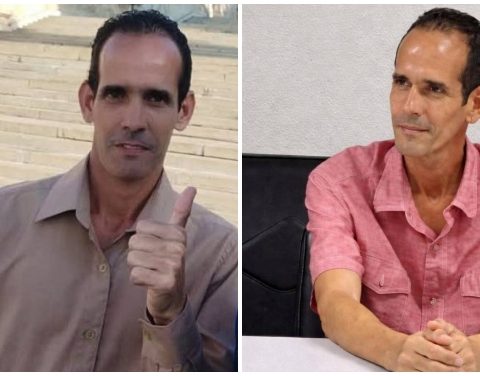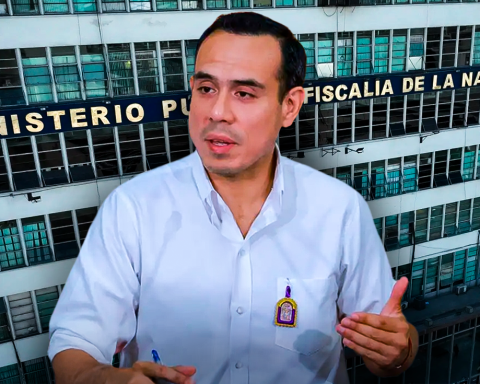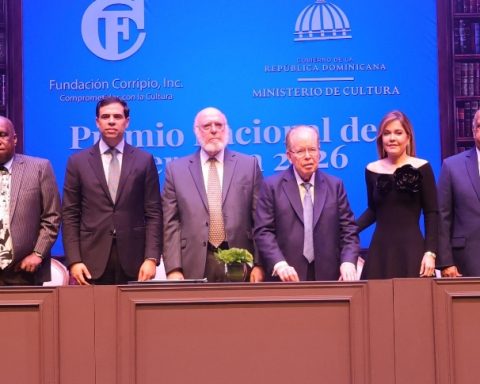Patients from other states treated at the National Institute of Traumatology and Orthopedics (Into) within the out-of-home treatment program will be able to undergo post-operative assessment via teleconsultation. The initiative, launched this month, will reduce the need for travel and reduce states’ costs for tickets and stays for patients and companions.
In the initial stage of the pilot project, patients who underwent knee arthroplasty surgery and who would return to Into, between six months and one year after the procedure, are benefiting only for routine exams and a follow-up consultation with the surgeon.
“These are appointments that tend to be frequently rescheduled for various reasons. Many patients depend on companions, who, in some situations, cannot attend due to professional commitments. Furthermore, limited flight times and the difficulty in finding tickets, especially during the end of the year, when prices tend to be higher, also contribute to rescheduling”, explains Into nurse, Maria do Perpétuo Socorro.
For Washington Bernardino, 36 years old, having access to real-time care and without changes to his daily routine was a significant gain. Resident of Caruaru, in Pernambuco, the civil engineer had his knee operated on in September last year at Into and, last week, carried out the online consultation at his workplace, during his lunch break.
“My next return to Into was scheduled for December this year, but I received the offer to bring forward the consultation via teleservice and I accepted immediately. It saves a lot of time,” says Washington.
When the patient is unable to access the technological devices necessary to carry out the consultation, such as a computer or telephone, or has difficulty understanding medical instructions, telecare is provided through the mediation of the State Center for High Complexity Regulation in their state of health. origin.
After each teleconsultation, Into sends a document transmitting care for treatment outside the home to the State Center for High Complexity Regulation. “It is a kind of summary of what was carried out, including medications, procedures and guidelines to be followed, which will be passed on to the orthopedic doctor who will continue treating the patient in the state where he lives”, says Socorro.
The next stage of the project will include patients who underwent hip arthroplasty surgery. The expectation is that fifty teleconsultations will be carried out by the end of the year.
“It is a fundamental initiative to expand access to quality treatment, ensuring that patients receive the necessary support without the costs and challenges associated with travel,” highlights the director of Into, Germana Bahr.
